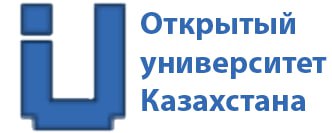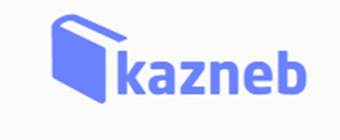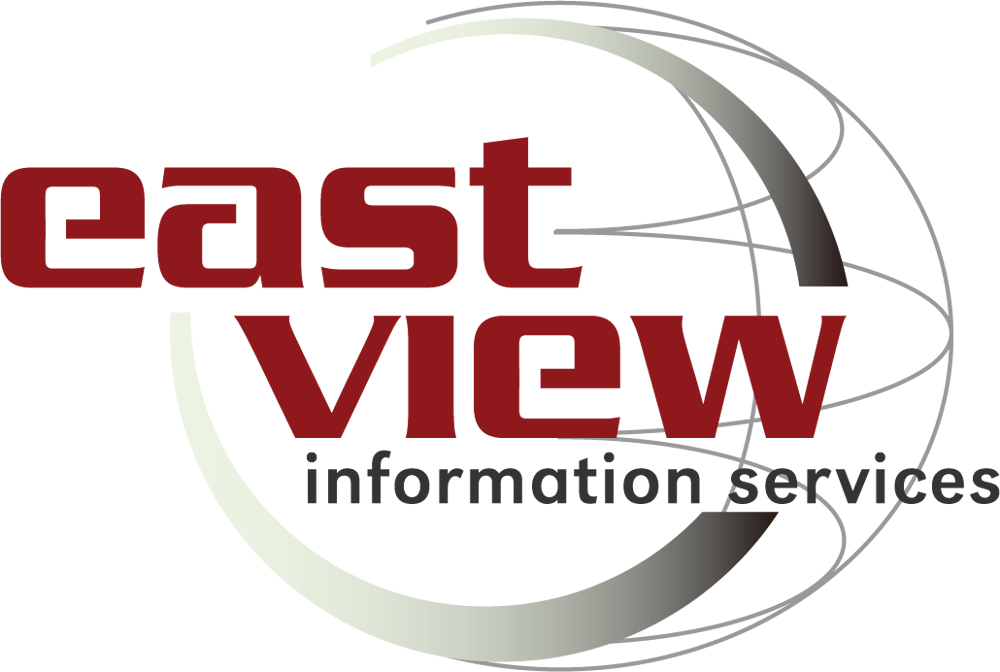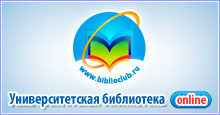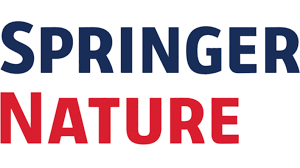On the website of the university library in the section “Jubilears of KTU” there are lists of works of the Jubilear of September Professor Serikpai Kuspanovich Tutanov.
Permanent link to this article: https://lib.kstu.kz/en/dear-readers-147/
Sep 06 2021
Dear Readers!
On the website of the library in the section “Virtual Penal Exhibitions” there is an exhibition “Тіл — достық пен келісім дәнекері. Язык – лучший посредник дружбы исогласия. Language is the best mediator of friendship and harmony”, dedicated to the Day of the languages of the peoples of Kazakhstan.
Permanent link to this article: https://lib.kstu.kz/en/dear-readers-148/
Sep 01 2021
Dear Readers!
From 01.09.2021 the library serves the readers according to the schedule:
Monday – Thursday 8.30 – 17.30
Friday 8.30 – 17.00
Saturday 9.00 – 15.00
Sunday is a day off
Permanent link to this article: https://lib.kstu.kz/en/dear-readers-146/
Aug 31 2021
Dear Readers!
On the website of the library in the section “Funds” – “Recommended” you can familiarize yourself with the bibliographic list of literature on the topic: “The 30th anniversary of the closure of the Semipalatinsk nuclear test site.“
Kazakhstan became the first and only country in the world to voluntarily renounce nuclear weapons, thus demonstrating peacefulness and a responsible attitude towards the future of the whole world.
Permanent link to this article: https://lib.kstu.kz/en/dear-readers-145/
Aug 04 2021
Web of Science webinars in June
Basic features of Clarivate resources for scientific activities
The webinars of this series are conducted by Irina Tikhonkova, Ph.D.
1. Basic capabilities of Web of Science Core Collection for scientific activities
This webinar will be useful for those who are just starting to get acquainted with the possibilities of Web of Science. Why this resource is useful for a scientist, teacher, administrator. How to register your profile and be able to use the Web of Science outside the organization. In real time, we will find and analyze scientific literature on a specific topic using truncation symbols, replacements, search operators, related records. We will determine which journals have the most publications on this topic, which works are most in demand, which organizations and scientists are successfully working on this topic, and which funds have funded similar research. Let us analyze the basic scientometric indicators of the obtained sample, including the citation rate, the average citation rate of the publication, the Hirsch index, and the impact factor. Let’s save the found information in a convenient format. We will share the information we have found with our colleagues and set up notifications about the arrival of new works. Consider the new features that appeared at the end of May.
- June 15, Tuesday 9:00 (Moscow time)
- June 16, Wednesday 11:00 (Moscow time)
- June 17, Thursday 14:00 (Moscow time)
>> Sign Up
2. The world of scientific journals
The publication of research results is the culmination of scientific activity, allows you to familiarize colleagues with the data obtained and get their assessment, at the same time, articles in a predatory journal will negatively affect the career. The first scientific journals appeared in 1665. At the webinar, we will look at the evolution of magazines, their formats and business models; how journals are selected in the Web of Science; what is the impact factor, what modifications are there, why a quartile is needed, why not all journals have them; how, by whom and why “other impact factors” are “calculated”; what are the signs of a good magazine; what types of predatory magazines are there how not to fall prey to them? We will learn how to select and evaluate journals in PM from free publications using: Web of Science Core Collection, Manuscript Matcher (Master Journal List), Journal Citation Reports.
- June 15, Tuesday 11:00 (Moscow time)
- June 16, Wednesday 14:00 (Moscow time)
- June 17, Thursday 9:00 (Moscow time)
>> Sign Up
3. Author profiles: features and functions
Each scientist periodically needs to demonstrate his results, for example, at regular attestations or when submitting requests for funding, and sometimes it becomes necessary to search and analyze the achievements of his colleagues. At the same time, difficulties may arise with the identification and correct assessment of the scientist’s work, the reasons for this may be transliteration variations, a common surname or its change. The webinar will consider: capabilities, functions, creation / adjustment, advantages and disadvantages of the main authoring profiles Publons, Orcid, ResearchGate, Google Scholar. How to present your work, is it possible to post the full texts of your articles, how to increase the citation rate of publications, why is my work not visible in the organization’s profile, and why is the Hirsch index different in different databases? About publications, citations, impact factors, journal quartiles and the new beamplot in the scientist’s profile in the new Web of Science interface.
- June 15, Tuesday 14:00 (Moscow time)
- June 16, Wednesday 9:00 (Moscow time)
- June 17, Thursday 11:00 (Moscow time)
>> Sign Up
Scientific analytics: Web of Science and InCites
The webinars of this series are hosted by Varvara Sosedova.
1. Additional opportunities for searching and analyzing information on the Web of Science platform
Search and analysis of information in specialized databases and regional indexes on the Web of Science platform (Russian Science Citation Index, Medline, etc.). Advanced search capabilities in the Web of Science Core Collection, search by organization and research area. Composing search queries using search fields and boolean operators. Search in the cited bibliography.
- June 22, Tuesday 07:00 (Moscow time)
- June 23, Wednesday 14:00 (Moscow time)
- June 24, Thursday 10:00 (Moscow time)
>> Sign Up
2. InCites analytic tool for citation analysis
InCites is an analytical framework that allows you to compare and visualize citation data from the Web of Science Core Collection database. InCites also allows you to operate with dozens of additional bibliometric indicators, many of which allow you to compare the citations of publications made in different subject areas. All this allows us to compare authors, organizations and entire countries, analyze the strengths in our research, and also find emerging research trends. At the webinar, we will talk about how the InCites interface works and we will analyze a number of the most interesting examples of the analysis of organizations, countries, individual authors, as well as the search for breakthrough scientific topics. - June 22, Tuesday 10:00 (Moscow time)
- June 23, Wednesday 07:00 (Moscow time)
- June 24, Thursday 14:00 (Moscow time)
>> Sign Up
3. EndNote bibliography features
The process of preparing an article for submission to an international journal. Requirements of journals for publication. Create your own bibliographic database using EndNote Online. Sort records, create groups and control access to them. Using bibliography design templates. Using the Cite-While-You-Write Module for Microsoft Word and creating a bibliography directly while writing the text.
- June22, Tuesday 14:00 (Moscow time)
- June 23, Wednesday 10:00 (Moscow time)
- June 24, Thursday 07:00 (Moscow time)
>> Sign Up
How to work with international scientific journals
The webinars of this series are hosted by Valeria Kurmakaeva.
1. Basic requirements for publications in international journals
The expectations of the editor. The main reasons for refusals to publish. Working with revisions of reviewers. The structure of the scientific article. Practical advice on writing the main sections. Distinctive features of academic English. Drawing up an annotation. Writing headers. Choice of keywords.
- June 28, Monday 09:00 (Moscow time)
- June 29, Tuesday 14:00 (Moscow time)
- June 30, Wednesday 11:00 (Moscow time)
>> Sign Up
2. Preparation of the publication: organization and editing of the text, the work of the editor
Basic principles of organizing the text of a scientific article; argumentation in the English-speaking tradition; how to edit text at all levels of its organization; principles of auto-editing; what is the editor’s job.
- June 28, Monday 11:00 (Moscow time)
- June 29, Tuesday 09:00 (Moscow time)
- June 30, Wednesday 14:00 (Moscow time)
>> Sign Up
3. Web of Science Academy: why is it important to learn to review
The role of peer review in improving the quality of scientific research. Why is it important to collaborate with international journals as a reviewer. What the experience of reviewing gives the author of the publication. Where and how can you learn the rules and practices of high-quality scientific review; features of the Web of Science Academy / Publons.
- June 28, Monday 14:00 (Moscow time)
- June 29, Tuesday 11:00 (Moscow time)
- June 30, Wednesday 09:00 (Moscow time)
>> Sign Up
Permanent link to this article: https://lib.kstu.kz/en/web-of-science-webinars-in-june/













